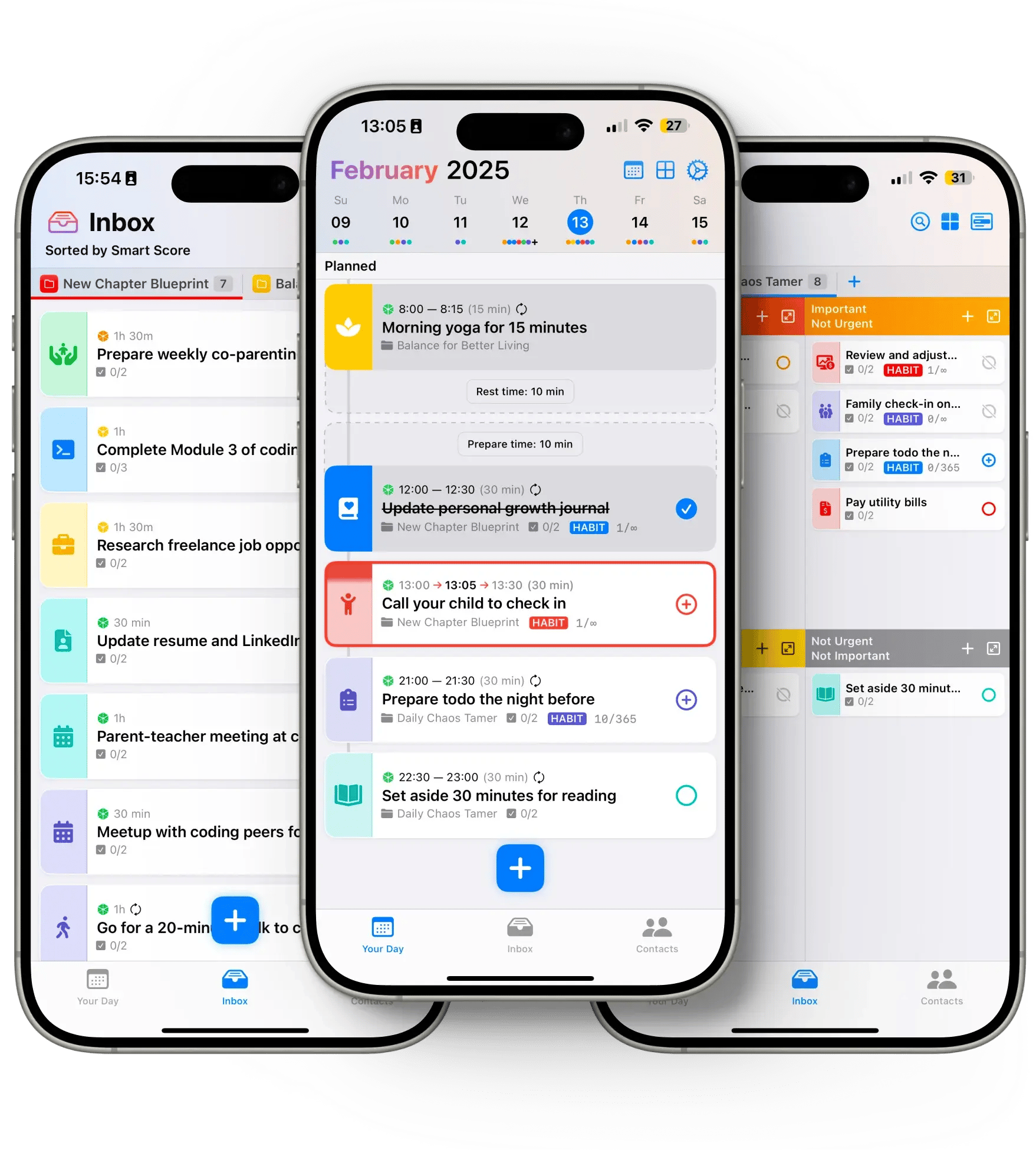PyTrim: The Ultimate Tool to Reduce Python Dependency Bloat | Complete Guide

- Published on

🧹 PyTrim: The Ultimate Tool to Reduce Python Dependency Bloat
Ever looked at your requirements.txt and wondered if you're running a digital hoarding operation? Or found yourself debugging why your Docker image is 2GB when your actual code is 50MB? Welcome to the world of Python dependency bloat – where unused imports multiply like rabbits and your virtual environment becomes a digital landfill.
Enter PyTrim, the superhero tool that swoops in to save your Python projects from dependency chaos. This comprehensive guide will transform you from a dependency hoarder into a lean, mean, Python optimization machine!
🎯 What is PyTrim?
PyTrim is an intelligent tool that automatically detects and removes unused imports and dependencies from Python projects. Think of it as Marie Kondo for your codebase – it helps you keep only the dependencies that truly spark joy (or at least serve a purpose).
Why Dependency Bloat is Your Silent Enemy
- Security Nightmares: Unused dependencies = more attack surface = more sleepless nights
- Performance Penalties: Bloated environments mean slower builds, longer CI/CD times, and frustrated developers
- Maintenance Hell: More dependencies = more updates = more things that can break
- Docker Image Obesity: Your containers shouldn't need a gym membership
🚀 Getting Started with PyTrim
Installation
pip install pytrim
That's it! No complex setup, no configuration files to wrestle with. PyTrim believes in the philosophy of "just works."
Basic Usage
Navigate to your project directory and run:
pytrim
PyTrim will scan your project and show you what it found. It's like having a personal code auditor that actually finds useful things to clean up.
🔍 Step-by-Step: Cleaning Your First Project
Let's walk through a real-world example. Imagine you have a project that started simple but grew into a dependency monster:
Step 1: Initial Scan
cd your-python-project
pytrim --dry-run
The --dry-run flag shows you what PyTrim would do without actually making changes. It's like a preview of your code's future self.
Step 2: Review the Report
PyTrim generates a detailed Markdown report showing:
- Unused imports in each file
- Dependencies that can be removed from
requirements.txt - Files that can be completely removed
- Estimated space savings
Step 3: Apply the Changes
pytrim --apply
Watch as PyTrim transforms your bloated codebase into a lean, efficient machine!
🛠️ Advanced PyTrim Features
Git Integration
PyTrim can create branches and pull requests automatically:
pytrim --create-pr --branch-name "cleanup/dependency-bloat"
This is perfect for team environments where you want to review changes before applying them.
Selective Cleaning
Don't want to remove everything at once? PyTrim offers granular control:
# Only clean imports, leave dependencies alone
pytrim --imports-only
# Only clean specific file types
pytrim --files "*.py" --exclude "tests/"
Configuration File Support
PyTrim works with multiple configuration formats:
requirements.txtpyproject.tomlsetup.pypoetry.lockPipfile- Docker files
- YAML configurations
📊 Real-World Results
Let's look at some impressive numbers from PyTrim's evaluation:
- 98.3% accuracy in replicating human-made changes
- 39 out of 971 open-source packages had bloated dependencies
- 6 pull requests were accepted and merged after PyTrim cleanup
- Average 30-50% reduction in dependency count
Before and After Example
Before PyTrim:
# main.py
import requests
import numpy as np
import pandas as pd
import matplotlib.pyplot as plt
import seaborn as sns
import plotly.graph_objects as go
import bokeh.plotting as bp
import altair as alt
import folium
import geopandas as gpd
import shapely
import fiona
import pyproj
import rasterio
import xarray as xr
import dask
import joblib
import scipy
import sklearn
import tensorflow as tf
import torch
import keras
import theano
import lasagne
import caffe
import mxnet
import cntk
import chainer
import chainerx
import cupy
import numba
import cython
import pypy
import jython
import ironpython
import micropython
import circuitpython
import micropython
import pycom
import esp32
import arduino
import raspberry
import banana
import orange
import apple
# ... and 200 more imports
def hello_world():
print("Hello, World!")
After PyTrim:
# main.py
def hello_world():
print("Hello, World!")
Note: The banana, orange, and apple imports were particularly concerning.
🎯 Best Practices for Dependency Management
1. Regular Cleanup Schedule
Set up a monthly "dependency hygiene" routine:
# Add to your CI/CD pipeline
pytrim --create-pr --auto-merge
2. Pre-commit Hooks
Prevent bloat from entering your codebase:
# .pre-commit-config.yaml
repos:
- repo: local
hooks:
- id: pytrim-check
name: PyTrim Check
entry: pytrim --dry-run
language: system
pass_filenames: false
3. Dependency Auditing
Combine PyTrim with other tools for comprehensive dependency management:
# Security audit
pip-audit
# License compliance
pip-licenses
# Dependency cleanup
pytrim
# Update dependencies
pip-review --auto
🚧 Common Pitfalls and Troubleshooting
The "But I Might Need It Later" Syndrome
Problem: Developers keep dependencies "just in case" Solution: Use PyTrim's --keep-unused flag to maintain a whitelist of dependencies you want to keep
Dynamic Imports
Problem: PyTrim might miss dynamically imported modules Solution: Use --include-dynamic flag for more thorough analysis
Test Dependencies
Problem: PyTrim removes dependencies only used in tests Solution: Use --include-tests flag to preserve test-related dependencies
Debugging PyTrim Issues
If PyTrim seems to be removing something it shouldn't:
# Check what PyTrim is thinking
pytrim --verbose --dry-run
# Review the detailed report
cat pytrim-report.md
🏗️ Production-Level PyTrim Usage
CI/CD Integration
Add PyTrim to your continuous integration pipeline:
# .github/workflows/dependency-cleanup.yml
name: Dependency Cleanup
on:
schedule:
- cron: '0 0 1 * *' # Monthly
workflow_dispatch:
jobs:
cleanup:
runs-on: ubuntu-latest
steps:
- uses: actions/checkout@v3
- name: Set up Python
uses: actions/setup-python@v4
with:
python-version: '3.9'
- name: Install PyTrim
run: pip install pytrim
- name: Run PyTrim
run: pytrim --create-pr --branch-name "deps/cleanup-$(date +%Y%m%d)"
Team Workflow
- Weekly Cleanup: Run PyTrim on feature branches
- Monthly Audit: Full project cleanup with team review
- Pre-release: Final dependency audit before releases
🔮 The Future of Dependency Management
PyTrim represents a significant step forward in automated code maintenance. As Python projects grow in complexity, tools like PyTrim become essential for maintaining code quality and security.
Upcoming Features
- Machine Learning Integration: Smarter detection of unused dependencies
- IDE Plugins: Real-time dependency analysis in your favorite editor
- Team Analytics: Insights into dependency usage patterns across teams
🎉 Wrapping Up
PyTrim isn't just a tool – it's a philosophy. It's about writing clean, maintainable code that doesn't carry the baggage of unused dependencies. It's about security, performance, and developer sanity.
Your future self will thank you when:
- Your Docker builds are lightning fast
- Security audits pass without issues
- New team members can understand your dependencies
- Your production deployments are reliable and predictable
Ready to give your Python projects the Marie Kondo treatment? Install PyTrim today and watch your dependency bloat disappear!
pip install pytrim
cd your-project
pytrim
Happy trimming! 🧹✨
What's your biggest dependency horror story? Share it in the comments – we've all been there!

Ready to Optimize Your Development Workflow?
Just like PyTrim cleans up your code dependencies, Smarter.Day helps you clean up your productivity habits. Track tasks, build development habits, and manage your coding projects with neuroscience-backed methods that actually work.
- Track coding tasks with dopamine optimization
- Build consistent development habits
- Schedule coding sessions and breaks
- Visual progress tracking for your projects
- Science-based productivity methods for developers